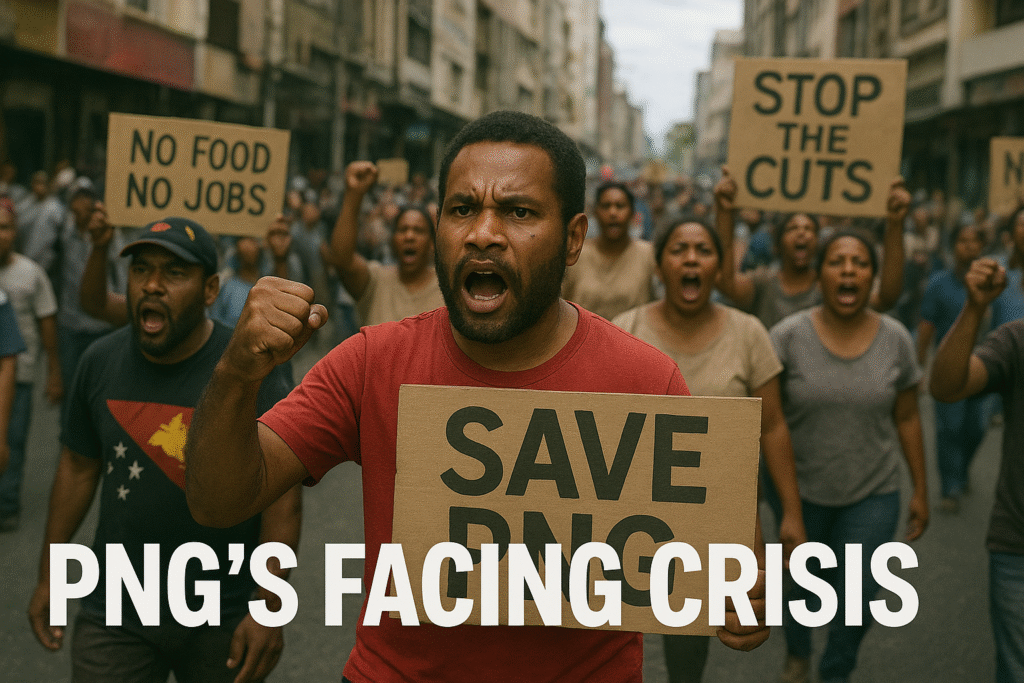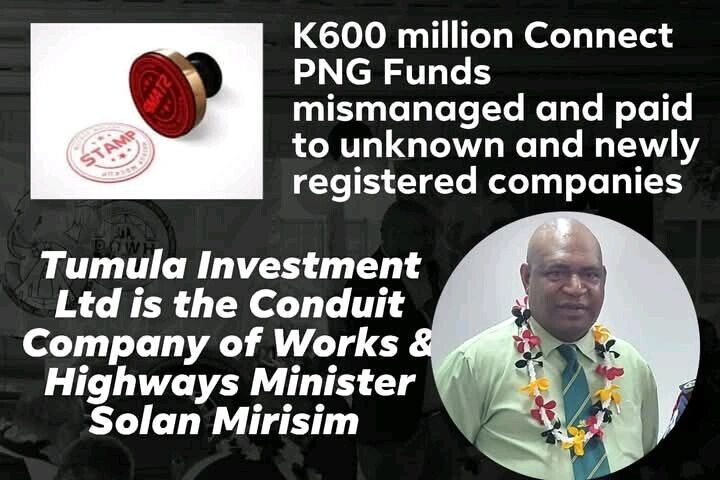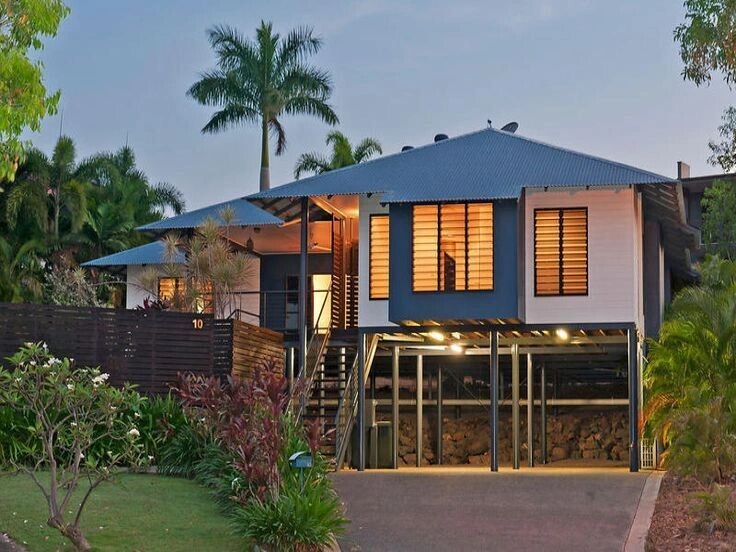If you are counted-in in the 30, 000 individuals who withdrew the excess money from their BSP bank account and plan to switch to other banks after an electric glitch. The safest and wisest action you can take now is to go to the nearest BSP branch or the branch where you opened your bank account, or call them, and arrange with the BSP staff how you can repay. You did it intentionally which means you stole from BSP. You MUST return that which is NOT YOURS!
For the 30, 000 individuals who withdrew the excess money from their BSP bank account and plan to switch to other banks after an electric glitch, it is not that easy. Here are a few reasons why.
1. Credit and Data Bureau
The withdrawals means you owe BSP money, and this information is now registered into the Credit and Data Bureau. All financial institutions have access to this information. If you are in a serious need and want to take out a loan from your new bank, lets say Kina Bank, your new bank will refuse your application because you still owe BSP money.
This even applies for your savings institutions such as NCSL which allows for members to borrow. The success of your loan application is determine by, among other things, your credit history. Right now you don’t have an impressive one.
2. BSP still has your details
You will continue to receive emails and calls and letters from BSP to repay. If you intentionally avoid communication, and do not repay, BSP can report it as an offence. Remember when you opened your bank account you provided the bank your contact details and used a formal ID. For those working, the last thing you want is to be taken in for questioning by uniformed policemen in front of your colleagues. When the court ruling goes in favour of BSP, and it certainly will, you will have to repay it.
3. BSP is the only bank in most provinces
Apart from Port Moresby and Lae (perhaps Hagen and Rabaul as well), BSP is the only bank with a presence in most provinces and districts. You cannot escape immediate deductions from BSP.
It's even difficult for students, and the unemployed. The law will find you. Days of reckoning will come.
4. BSP vs 30, 000
BSP made K1. 136 billion in profits in 2022. It will arm itself with lawyers, and it will get it's money back.
What to do about it?
Go to the nearest BSP branch or the branch where you opened your bank account, or call them, and arrange with them on how you can repay. Preferably you should repay the amount immediately. If you cannot, arrange for fixed amount to be deducted from your account.
BSP has it's limitations (and there are many), but the fact is this: you withdrew money that didn't belong to you. You did this intentionally which means you stole. You must return that which is not yours.



